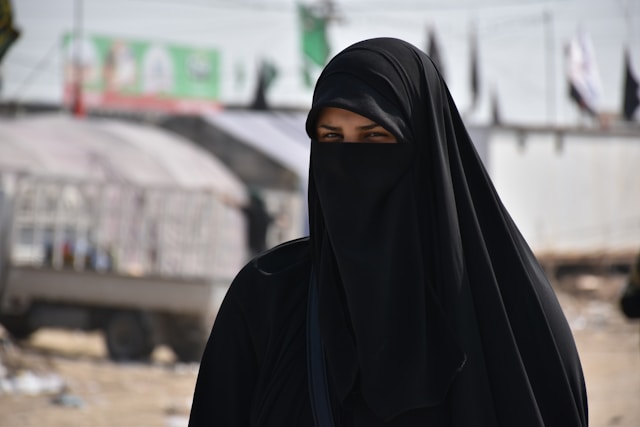This case delves into femicide and gender-based violence with a focus on Cyprus, one of the only two countries, alongside Malta, to officially recognize femicide as a distinct crime. It highlights the challenges in addressing femicide due to the lack of uniform definitions and comprehensive data, exacerbated by Cyprus’s patriarchal society and media narratives that often blame victims.
Despite these obstacles, Cyprus’s enactment of a dedicated femicide law in 2022 represents a significant step forward in acknowledging and combating this human rights violation, underscoring the urgent need for EU-wide legislative efforts to protect women’s rights and safety.
Cyprus, marked by historical gender disparities dating back to the British colonial era, has made progress since its establishment as a Republic in 1960, including granting women voting rights. However, challenges persisted amidst ethnic nationalism and militarism on the island. Despite progress in gender equality, barriers remain in political representation. Media coverage of femicides reflects biases, creating an uneasy context for women.
The 2019 Metaxas case highlighted systemic issues rooted in racism, nationalism, and patriarchy, with migrant women often overlooked in investigations. Although a femicide-specific law was passed, societal reactions revealed uncertainties in women’s legal pathways, leaving their belonging precarious. Cyprus lacks comprehensive policies to prevent femicide, exposing gaps in addressing gender-based violence.
While ongoing efforts show progress, challenges persist due to the complex interaction of regulatory changes, societal attitudes, and institutional responses, concluding with a dialogue-driven outcome.








